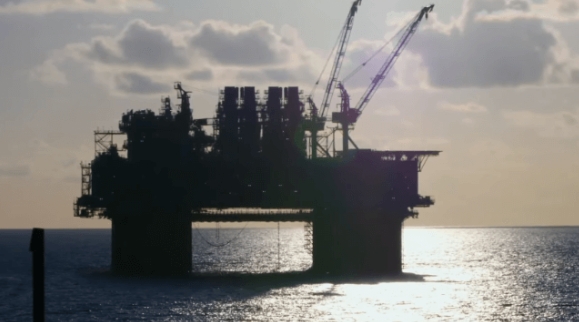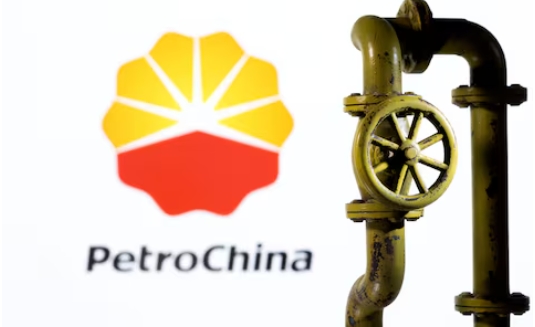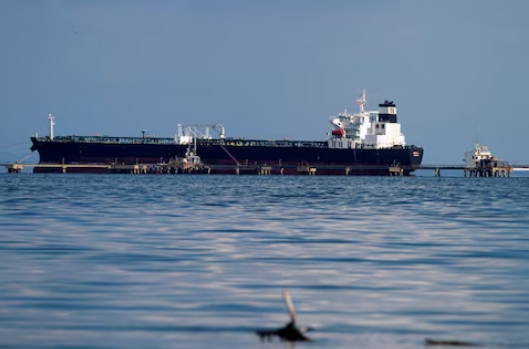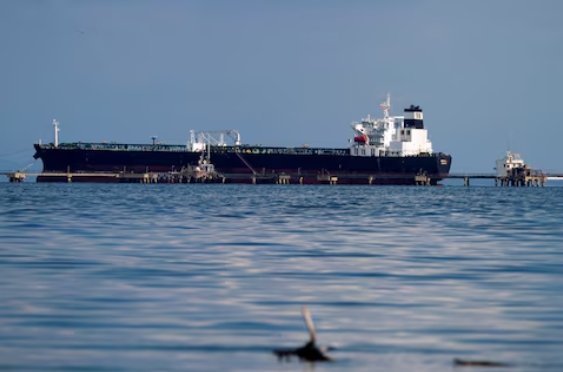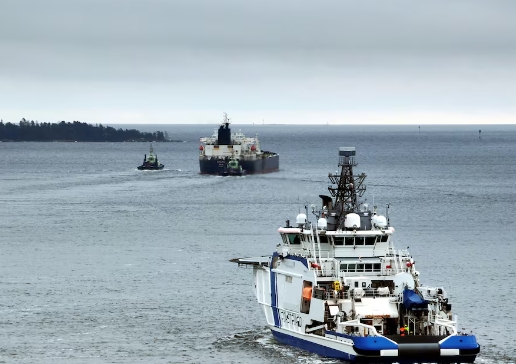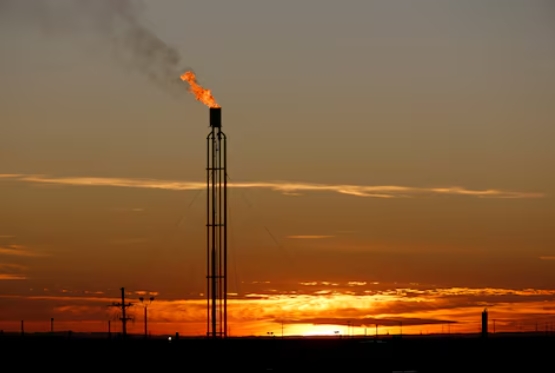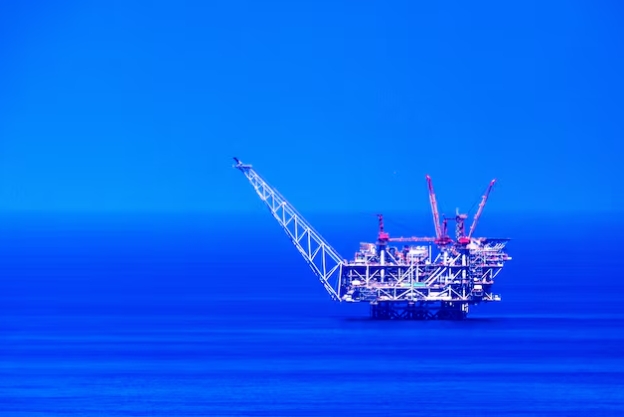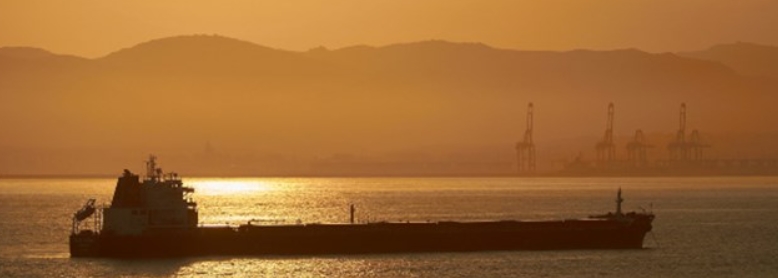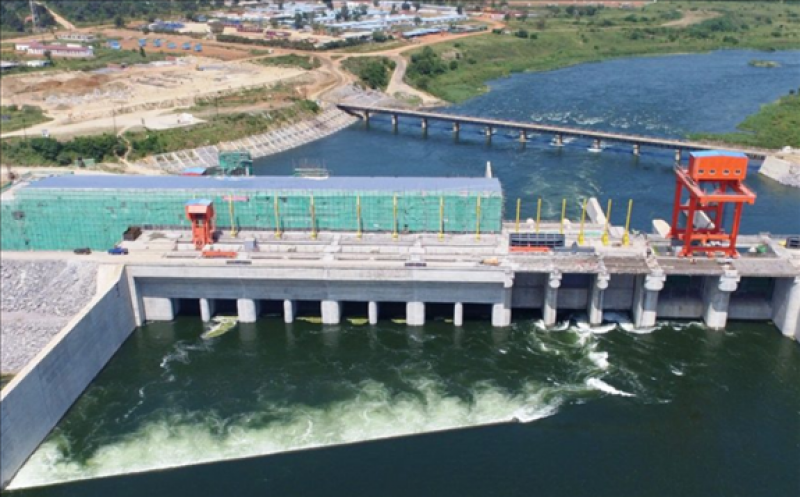
The Inspection Panel’s investigation was in response to a request filed alleging harm caused by construction of the reservoir impounded by Isimba Dam, resulting in partial flooding of the Kalagala Offset Area (KOA). The KOA was a requirement of an indemnity agreement between the World Bank and the government of Uganda as part of the bank-financed Uganda Private Power Generation (Bujagali) Project, with a capacity of 250 MW.
While the World Bank did not finance the 183.2-MW Isimba Hydropower Project, on the Nile River, the bank worked with the government to mitigate its impacts by extending the original KOA.
The Inspection Panel recognized Uganda’s important energy needs and the challenges in balancing development demands, the protection of natural resources and livelihoods. The panel assessed the World Bank’s compliance with its operational policies on potential environmental and social impacts and found several instances of non-compliance, specifically with regard to funding and capacity constraints for maintenance of the KOA, the bank-funded addendum to Isimba’s Environmental and Social Impact Assessment, and the assessment of potential impacts on the extended offset.
Management addressed these findings through development of a Management Action Plan, which the board approved and which details how the bank will work with Uganda to protect the extended KOA.
The board welcomed Uganda’s commitment to:
Declare the extended KOA as a Special Conservation Area under the National Environment Act;
Prepare and adopt a management plan for the extended KOA in close consultation with the World Bank; and
Prepare and adopt a livelihood restoration plan and possible resettlement action plan.
The bank will monitor implementation of these plans through 2023, when the Bujagali project guarantee expires.
“I welcome the report of the Inspection Panel which will help to strengthen our support for the government of Uganda’s efforts to expand and protect the Kalagala Offset Area,” said World Bank Group President David Malpass. “We will continue to support Uganda to develop vital clean energy and water resources while protecting people and the environment. Scaling up access to electricity, water, and sanitation is essential for reducing poverty and improving economic outcomes in Uganda.”
Management will report progress in implementing the action plan in six months’ time, and then annually.
This article was adapted from one previously published on the ESI-Africa website.
